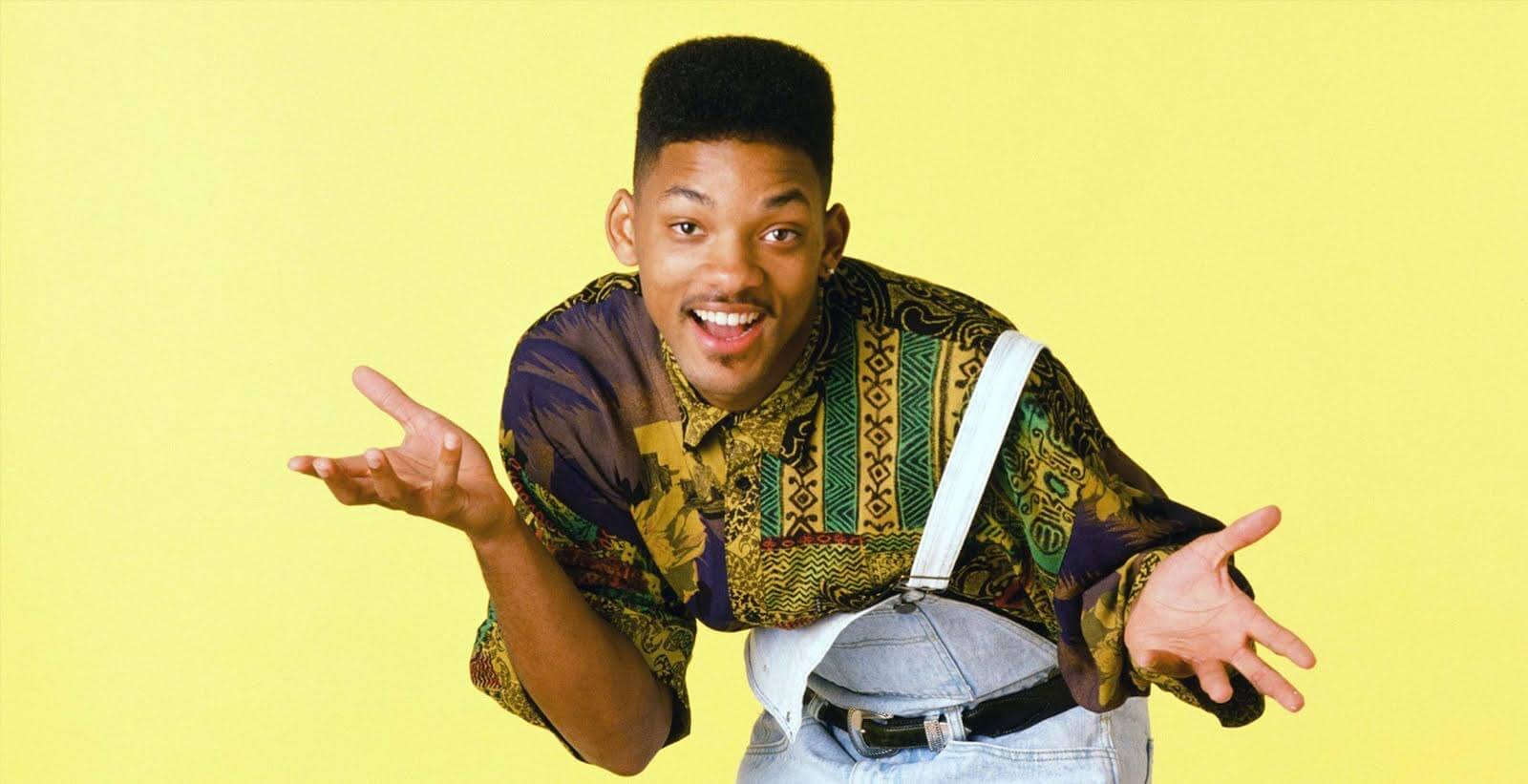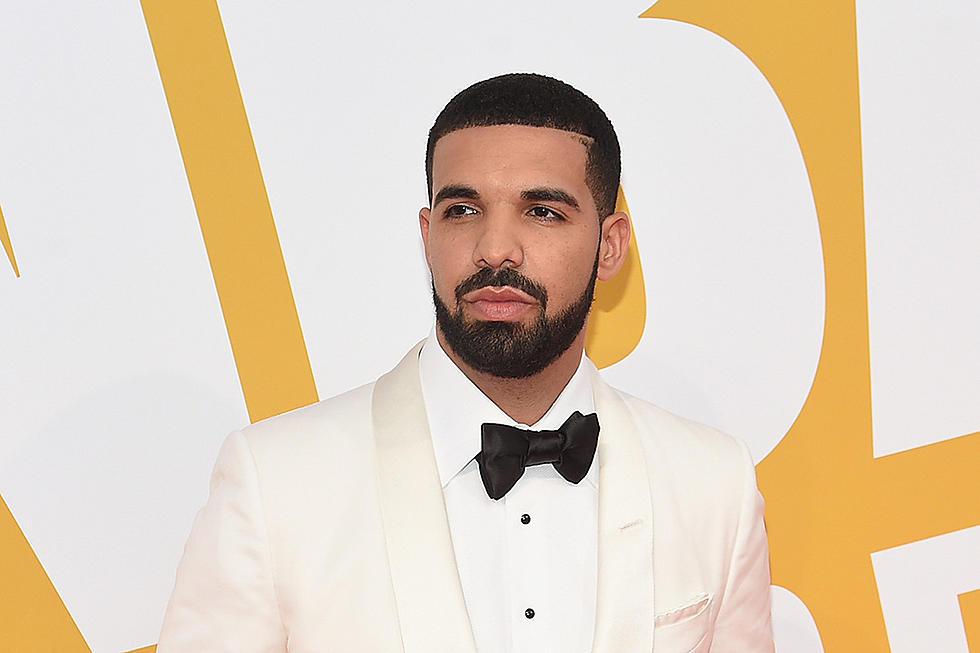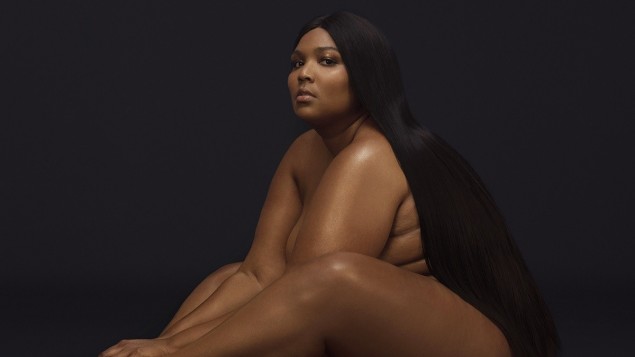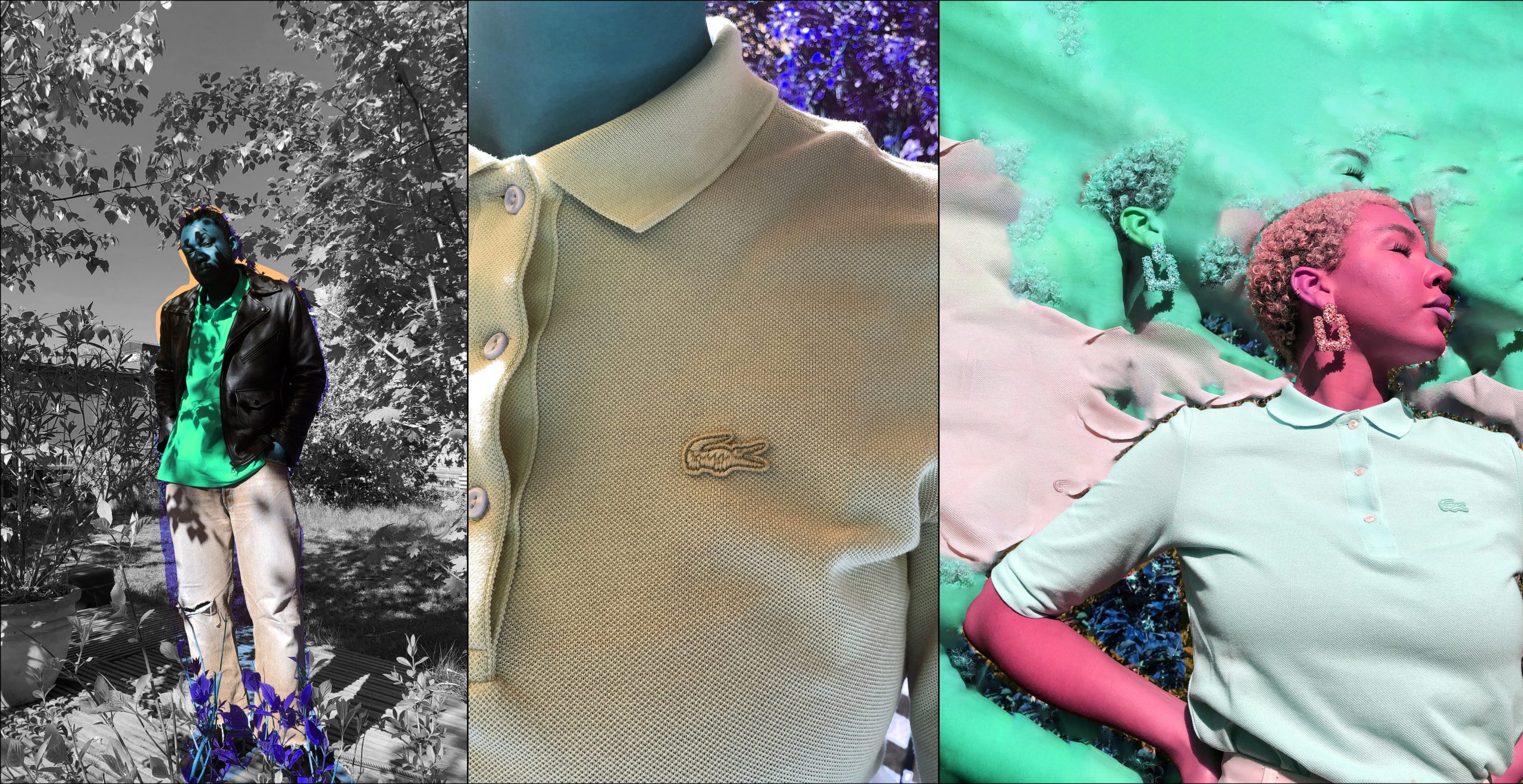Our Culture Loves to Bathe in Nostalgia
Is Our Present Stuck in the Past or Just Plain Disappointing?
Our current culture seems to be captivated by the allure of the ’90s, embracing the trends of pop music, fashion, and beauty from that era. Undeniably, the ’90s had an electrifying charm, but every period in history has its own unique appeal. One noteworthy aspect of the decade was the significant social and cultural changes spurred by technological advancements, enabling recording and broadcasting to infiltrate every living room. This era also witnessed the clash between analog and digital formats, marking a transformative transition.
Upon reflection, people were enthralled by the potential that the digital realm held for human civilization. However, today, we find ourselves recreating this transitional period through the resurgence of polaroids, camcorders, TV show reboots, and even the revival of Tamagotchis. It appears that in recent years, we are eager to dive back into the ’90s. But this inclination is not merely due to our yearning for low-rise jeans or specific fashion trends; rather, it stems from a longing for the comfort of familiarity, particularly during times of crisis. This longing explains why nostalgia consistently features in marketing campaigns, as it invokes positive memories that uplift our spirits by connecting us through shared experiences.
Everywhere we turn, there is a revival, a remake, or a reboot, all reminiscent of the past. Batman and Spiderman grace the silver screen once again, while Marvel and Star Wars continue to rake in profits. Emerging from the lockdown, we witnessed a resurgence of wired headphones, preppy styles, and ’90s and early 2000s fashion. However, this phenomenon extends beyond fashion trends; it mirrors a world that feels fragmented and hopeless, especially for those who were just starting their careers. Opportunities and possibilities now seem abstract and elusive, particularly for the younger generations who bear the brunt of social and economic crises. To monetize the feelings of comfort, security, and love is to embark on a nostalgic journey back to the ’90s and early 2000s.
Nostalgia sells because it bridges our past to our present, and companies are fully invested in catering to these generations since they will shape the trajectory of the next economic and cultural shift. For example, Spotify, our contemporary ally, with over half of its users aged between 18 and 34, taps into nostalgia through its feature “Your Time Capsule.” This personalized playlist “takes you back in time to your teenage years” by curating songs based on listeners’ country of residence, favorite genres, and age.
Given that we cannot physically return to the past, we are left with consuming repackaged emotions from days gone by. Consider Tommy Hilfiger, who recently released merchandise featuring ’90s icons like the Backstreet Boys and Britney Spears. Additionally, they collaborated with outdoor footwear brand Timberland to launch a 17-piece capsule collection paying homage to the ’90s, a decade when the boots became prominent in hip-hop and urban culture. Headlines announcing these collaborations now sit alongside those bearing news of “economic recession” and the eagerly awaited “Friends: The Reunion” streaming release.
Of course, nostalgia doesn’t merely recreate the past as it was. “And Just Like That,” the upcoming revival of the groundbreaking sitcom “Sex and the City,” is an example of how it has been updated to reflect today’s ideals. The new series features a diverse cast, representing various sexual orientations, backgrounds, and ethnicities, while retaining the essence of the beloved characters and situations that brought laughter and inspiration to our lives. The entertainment industry is captivated by the sentiment of “only ’90s and ’00s kids will understand,” and we are no exception. We find solace in revisiting a time when living with our parents wasn’t a choice but the norm, especially when two-thirds of 20-somethings who moved back home during the lockdown continue to reside with their parents. So, we retreat to our happy place, indulging in the remakes of “The Fresh Prince of Bel-Air” and praising “Sex Education” for celebrating the cringeworthy moments of our coming-of-age and the vibrant colors of ’90s fashion.


























